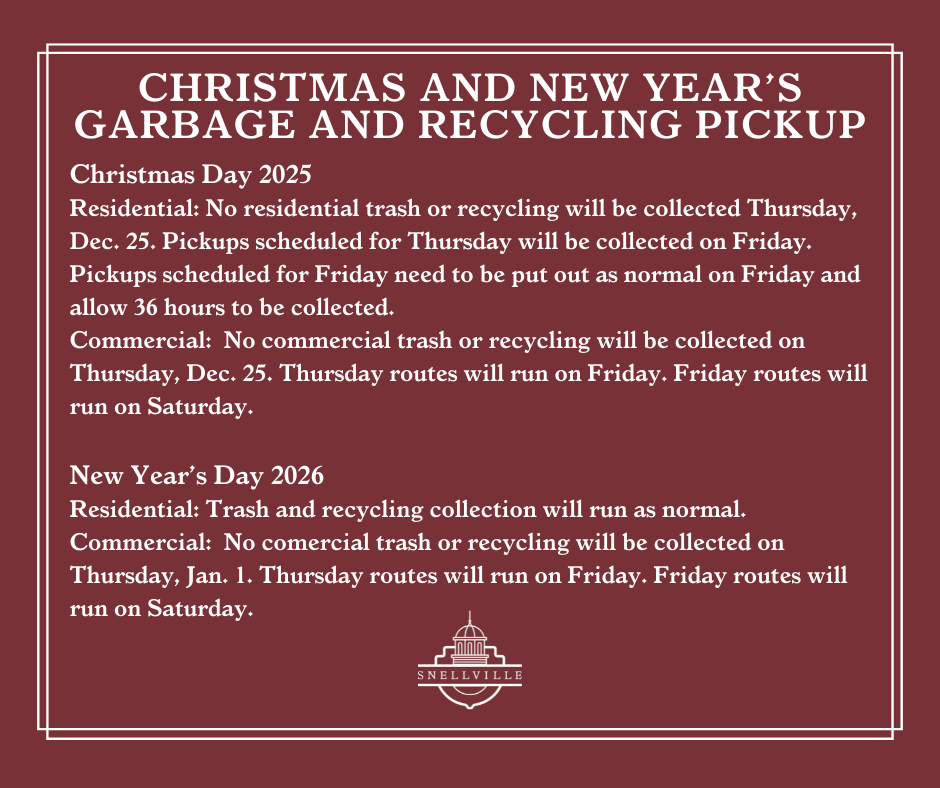Posted on: 03/22/18
SNELLVILLE – The city is proactively addressing the growing problem of those who aggressively approach residents in retail parking lots asking for money.
The council approved the Aggressive Solicitation Ordinance Monday after police Chief Roy Whitehead said police have dealt with several reports of people asking shoppers for money in an aggressive manner in city shopping centers. Many of those asking for money travel from other cities and are not telling the truth when they tell citizens they need money for basic needs such as food or gas, he said. The ordinance closely tracks Gwinnett County's version of the law.
The measure was approved 4-1.
The ordinance is designed to keep those asking for money in store parking lots from having physical contact with the person being solicited, following the person and generally scaring or intimidating those they ask for money.
Unless a property owner gives someone permission and they have documentation saying so, solicitors are also prohibited from asking for money within 15 feet of any entrance or exit of any financial institution, check cashing business, or within 15 feet of any automated teller machine.
It is illegal for any person to solicit from drivers on a public street in exchange for blocking, occupying or reserving a public parking space, the ordinance reads. Solicitors are also prohibited from being under the influence of alcohol or a controlled substance, soliciting in a public parking lot or public parking structure or within 10 feet of an entrance to a public building.
Also under the ordinance, it is unlawful for any person to knowingly make a false or misleading representation during a solicitation including claims the solicitor is homeless when they are not, claims the solicitor is physically disabled when they are not and claims the solicitor is a U.S. military veteran when they are not.
Any person convicted of a violation of this ordinance may be punished by imprisonment or a fine not to exceed $1,000 or both.
